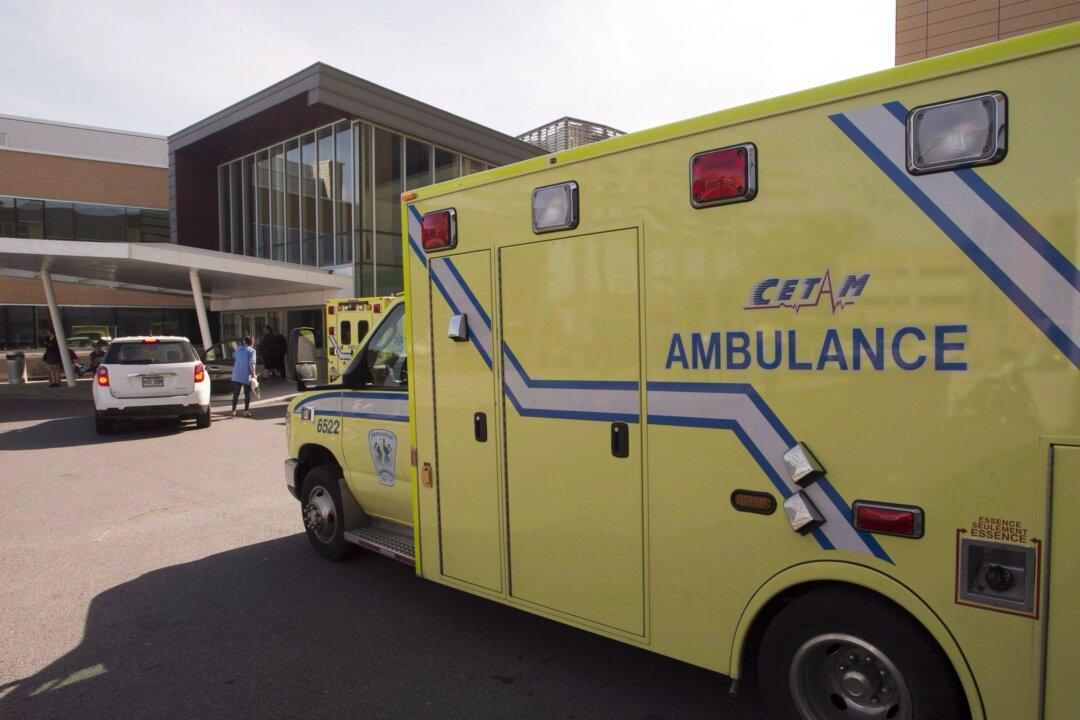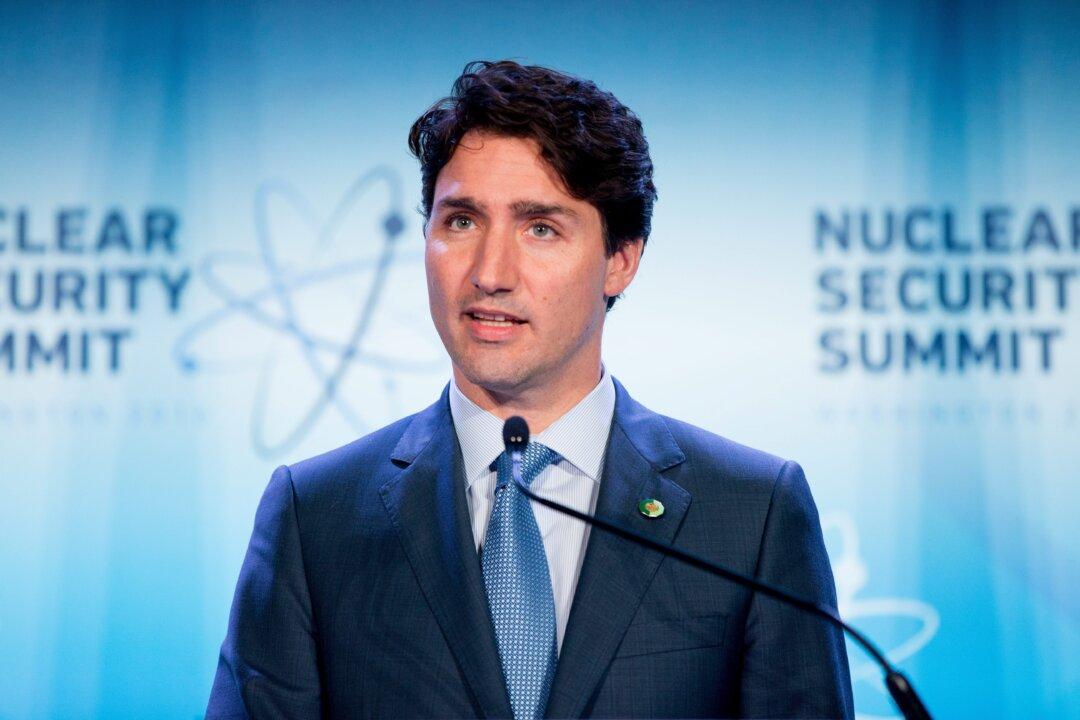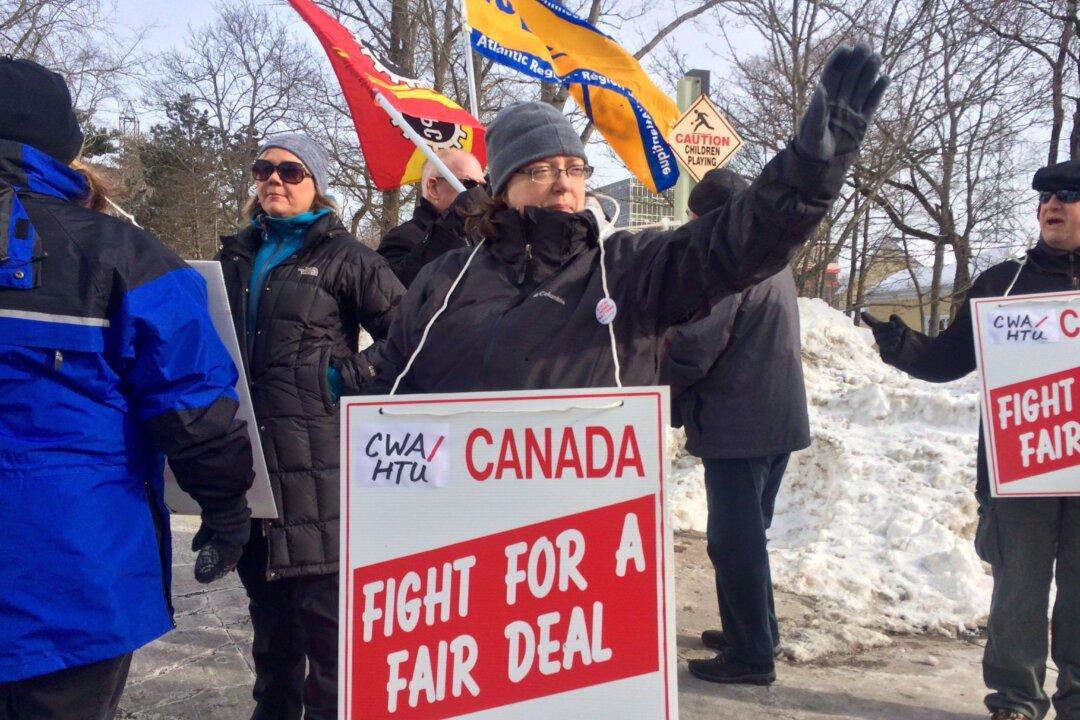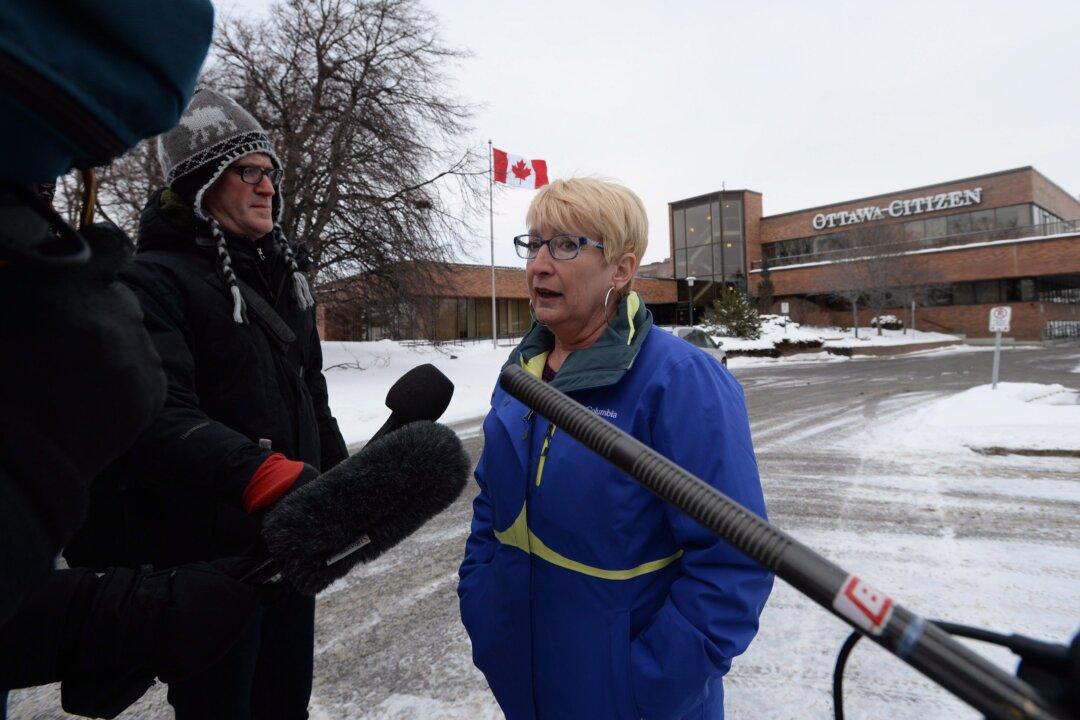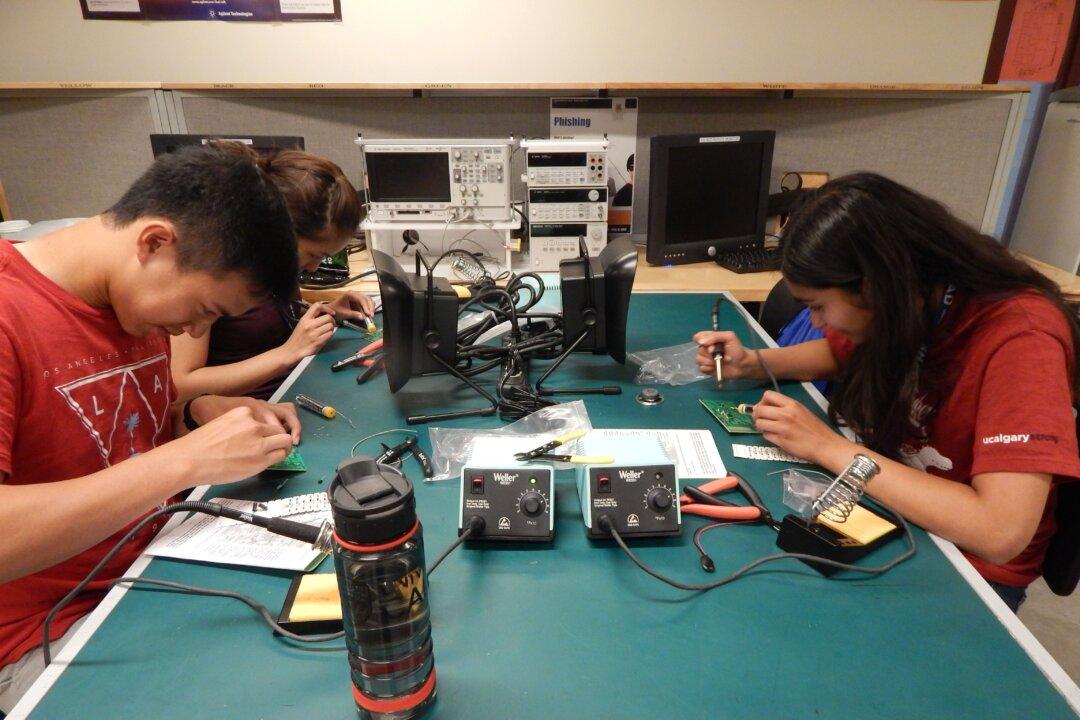Medical groups are appealing for public support ahead of a court case this fall that will attempt to reverse cuts to a federal health program that covers health care for refugees and refugee claimants.
The appeal was made at a press conference in Ottawa on Monday, June 15, the same day that health care and social service workers took part in protests against the cuts in 18 cities across the country.
In July 2014, Canada’s federal court ruled that cuts made in 2012 to the Interim Federal Health Program—which provides health care coverage to refugees not covered by provincial health plans—were in breach of the Charter of Rights and Freedoms section that deals with “cruel and unusual” treatment.
The government is appealing the ruling, but reinstated provisions for people under 19 and expectant mothers. A court challenge in October will seek to reinstate the program in full.
